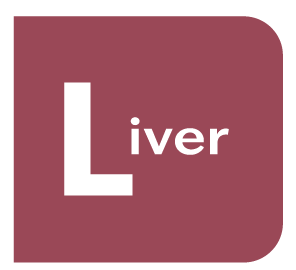Where Tomorrow
LIVES
Imagine a tomorrow where experiencing and appreciating what life has to offer is a daily occurrence.
More weddings, more sunsets, more laughter, and most importantly, more living.
With uncompromising dedication and a spirit of innovation born from a sense of compassion, we strive for bold diagnostic solutions that may lead to better outcomes for patients across their journeys. At Oncocyte, we focus on tomorrow to help deliver better patient care today.

Diagnostics for peace of mind
Our mission is to develop a family of tests to provide physicians and their patients actionable answers at critical decision points across the patient care continuum.


A novel multivariate gene expression test to identify immune checkpoint inhibitor responders.
See Product


Detect cancer progression early after cancer treatment initiation.
See Product



Monitor kidney transplant health through detection of the concentration of donor-derived cell-free DNA.
See Product


Monitor liver transplant health through detection of the concentration of donor-derived cell-free DNA.
See Product
Serving doctors and patients
At Oncocyte, we believe that empowering physicians with bold and innovative diagnostic solutions may lead to better outcomes for their patients.

Addressing unmet needs
Oncocyte is a precision diagnostics company with a mission to improve patient outcomes by providing personalized insights that inform critical decisions throughout the patient care journey.

